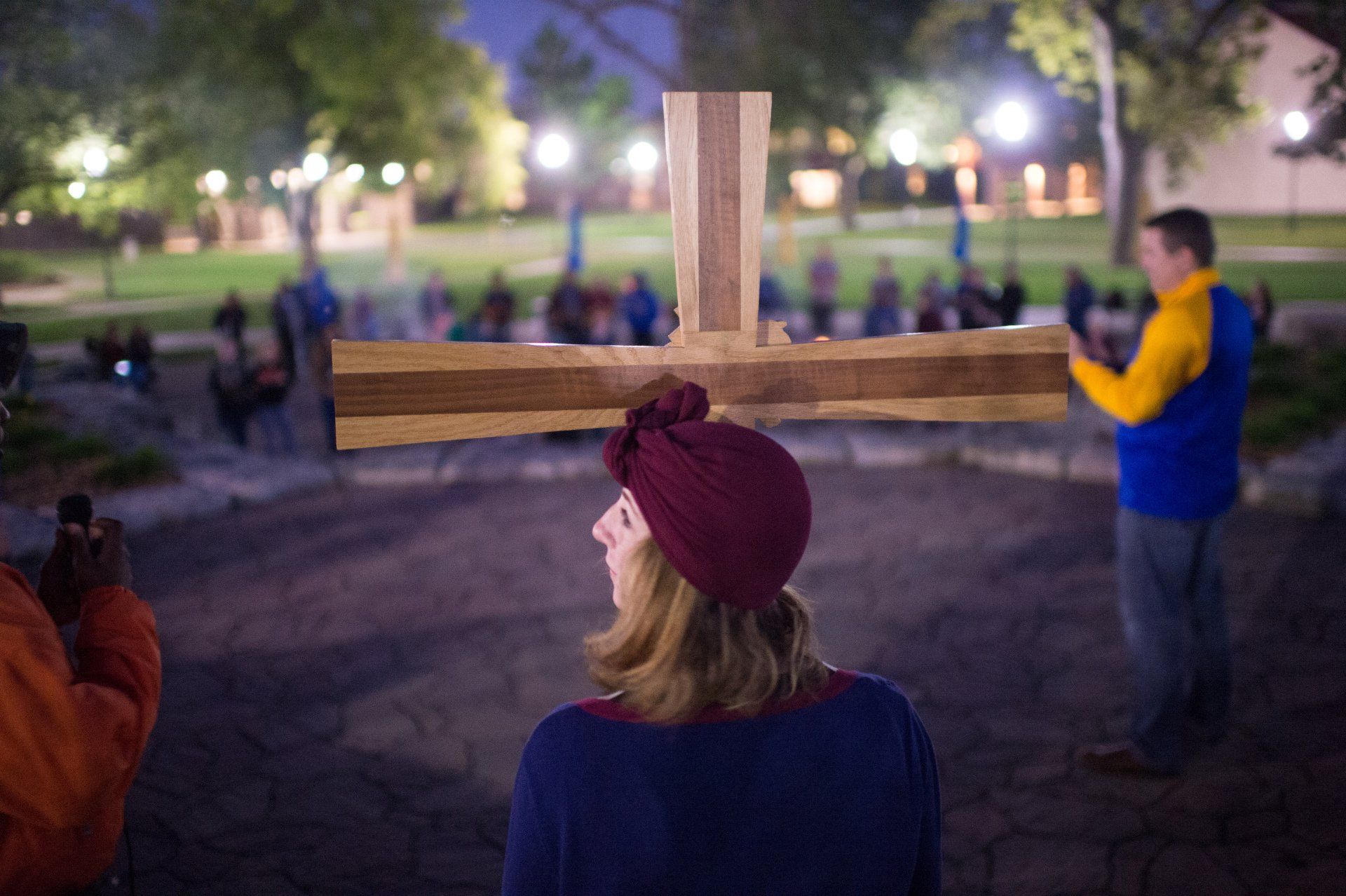Religion & Philosophy
Philosophy is, literally, the “love of wisdom.” Philosophy courses at Bethany College encourage this love, develop intellectual tools vital to the search for wisdom, and study the best human efforts (past and present) at attaining wisdom. We believe everyone should be a philosopher, a lover of wisdom.
Religion & Philosophy
Philosophy is, literally, the “love of wisdom.” Philosophy courses at Bethany College encourage this love, develop intellectual tools vital to the search for wisdom, and study the best human efforts (past and present) at attaining wisdom. We believe everyone should be a philosopher, a lover of wisdom.
The Religion Program strives to support students in become astute interpreters of sacred texts; bearers of historical, institutional, and personal religious convictions for an increasingly pluralistic world; partners in conversations that engage faiths and beliefs that are not one’s own; servants sensitive to the needs of others; and academics prepared for future graduate study in the field of religion.
The Religion Program strives to support students in become astute interpreters of sacred texts; bearers of historical, institutional, and personal religious convictions for an increasingly pluralistic world; partners in conversations that engage faiths and beliefs that are not one’s own; servants sensitive to the needs of others; and academics prepared for future graduate study in the field of religion.
Majors And Minors
The Religion Program strives to support students in become astute interpreters of sacred texts; bearers of historical, institutional, and personal religious convictions for an increasingly pluralistic world; partners in conversations that engage faiths and beliefs that are not one’s own; servants sensitive to the needs of others; and academics prepared for future graduate study in the field of religion.
Majors
- Religion
Mission Statement:
The Religion Program strives to support students in becoming astute interpreters of sacred texts; bearers of historical, institutional, and personal religious convictions for an increasingly pluralistic world; partners in conversations that engage faiths and beliefs that are not one’s own; servants sensitive to the needs of others; and academics prepared for future graduate study in the field of religion.
Students in this major may choose from the following concentrations:
- History & Doctrine prepares students for seminary education and gives students a solid grounding in theological thinking.
- Ministry of Service equips students to articulate their sense of vocation and prepares them to serve in youth and family ministry, religious non-profits, or wider church missions.
Student Learning Outcomes:
- Students will be familiar with major genres of biblical literature and demonstrate an understanding of how to use critical methods of contemporary biblical scholarship.
- Students will demonstrate facility with Christian church history and historical theology through the critical analysis of primary texts that precede the 20th century.
- Students will evidence skills with critical methods for religious studies and theology in light of a contemporary problem with interreligious or ecumenical importance.
- Students will be able to articulate their understanding of vocation or calling.
Minors
- Interfaith Studies
Mission Statement:
Interfaith studies is an interdisciplinary investigation of how people who orient around religion differently can interact as a community toward the common pursuit of greater civil justice. Students who complete the minor will be equipped to be Interfaith Leaders in their community: possessing basic knowledge of religious diversity, acquiring skills to facilitate mutual respect through sharing narratives of faith, and understanding the personal responsibility leaders have in fostering pluralistic environments of mutual respect even when religious diversity may be seemingly absent.
Student Learning Outcomes:
- Human Dimensions of Caring: Students will learn to give voice to their own faith/non-faith perspective and develop basic skills in role playing, active listening, and reflection on civic engagement to facilitate others in voicing how they orient around religion as well.
- Integrative Interdisciplinary Learning: Students will critically consider how the intersection of personal dimensions and large scale social problems often entail religious misunderstanding and require us to draw on skills developed across traditional academic boundaries in search of adequate means of response that reflect pluralistic values.
- Application to a Professional Field: Students will discover how the dynamics of religious diversity impact future workplace environments and develop professional attitudes that integrate Bethany’s core values of community and integrity into a wider sense of vocational identity.
- Critical Literacy: Students will develop basic proficiency in religious literacy by understanding how religious influence is woven into the wider dimensions of human experience creating a need for interfaith literacy as a fundamental skill for leadership in a pluralistic community.
- Religion
Mission Statement:
The Religion Program strives to support students in becoming astute interpreters of sacred texts; bearers of historical, institutional, and personal religious convictions for an increasingly pluralistic world; partners in conversations that engage faiths and beliefs that are not one’s own; servants sensitive to the needs of others; and academics prepared for future graduate study in the field of religion.
Student Learning Outcomes:
- Students will be familiar with major genres of biblical literature and demonstrate an understanding of how to use critical methods of contemporary biblical scholarship.
- Students will evidence skills with critical methods for religious studies and theology in light of a contemporary problem with interreligious or ecumenical importance.
- Students will be able to articulate their understanding of vocation or calling.
- Philosophy
Mission Statement:
The mission of the Bethany College Philosophy Program is to challenge and prepare students to apply critical thinking and self-examination to the questions that are fundamental to wisely leading lives of faith, learning, and service.
Student Learning Outcomes:
- Students will demonstrate the ability to distinguish between the structures of the three major types of reasoning (deduction, induction by sampling, and induction by best explanation), identify the conditions that contribute to the evidential strength of each type, and the role of supporting evidence in forming beliefs. Students will also demonstrate the ability to formulate and evaluate arguments of all three types.
- Students will demonstrate the ability to clearly articulate and critically evaluate (both orally and in writing) the principles and methods of inquiry that are influential in contemporary Metaphysics, Epistemology, Ethics, Logic, and Critical Thinking. Students will also demonstrate a practical knowledge of the beliefs and methods of the significant authors and traditions within the History of Western Philosophy, and the ability to relate them both to contemporary philosophical issues and to the Eastern philosophical/religious traditions.
- Students will demonstrate the ability to reflect insightfully on the relationship between an individual’s fundamental philosophical beliefs (e.g., about ultimate reality, knowledge, and ethics) and the way an individual lives his or her life. Students will also demonstrate the ability to reflect insightfully on the relationship between what seems true on the basis of human reason and experience (including the results of scientific inquiry) and the central doctrines of the world’s great religious traditions, with special emphasis on the Christian faith. Such reflection is to include but is not limited to, identifying areas of mutual support and principles for adjudicating conflicts.
- Students will demonstrate the ability to read, evaluate and respond to intellectual material from any discipline. Students will also demonstrate the ability to reflect insightfully on the relationship between socially accepted philosophical beliefs and salient issues in contemporary life and culture. Finally, students will demonstrate the ability to recognize personal, social, and cultural influences in the oral and written communications of others.
- Women's and Gender Studies
Mission Statement:
The Women’s and Gender Studies minor is an interdisciplinary minor that aims to inspire learning and service relevant to women’s and gender issues. Courses critically examine the historical, literary, political, social, psychological, religious, artistic, and biological roles of women and gender. Today’s dynamic cultural landscape demands a thoughtful and humane engagement with the complexity of gender, intersectional identity, and sexuality. This minor creates a space where students can engage with theories and practices of women’s and gender studies, which not only enriches their primary major of fields of study, but also brings a clear emphasis on community, connection, and leadership to how students view both their studies and the world around them. This minor also promotes outreach across the campus and larger community through sponsoring events and improving awareness of the broad ways that gender impacts people’s lives.
Student Learning Outcomes:
- Explore the dynamic history of gender studies, sexuality, and feminism locally, nationally, and globally.
- Understand and apply gender and women’s studies theoretical frameworks to dynamic cultural issues and contexts
- Consider the intersectional nature of gender identity and its relevance to interdisciplinary subjects, such as, but not limited to:
- Humanities, social sciences, science and mathematics, politics, popular culture, and civic identity.
- Expand student’s awareness of how their own identities are shaped by gender and sexuality.
- Analyze how gender and women’s studies plays an integral role in our sense of community, excellence, integrity, and other core Bethany values.
For information about specific courses related to these majors, check the
College Catalog.
Course Offerings
Courses listed here are a sampling of those offered, and may be added to or deleted at any time, and specific offerings may vary by semester. Please consult the current
College Catalog for upcoming course schedules.
Introduction to Philosophy
Ethics
Symbolic Logic
Philosophy of Religion
Peer Ministry
Christianity in Its Global Context
Literature and Thought of the Hebrew Bible
Literature and Thought of the New Testament
Bible Controversies
World Religions
Science and Theology: Friend or Foe?
Problems in Christian Ethics
Political Theology
Contextual Theology
Early Christianity
Medieval and Early Modern Christianity
Christianity and the Enlightenment
Course Offerings
Courses listed here are a sampling of those offered, and may be added to or deleted at any time, and specific offerings may vary by semester. Please consult the current
College Catalog for upcoming course schedules.
Introduction to Philosophy
Ethics
Symbolic Logic
Philosophy of Religion
Peer Ministry
Christianity in Its Global Context
Literature and Thought of the Hebrew Bible
Literature and Thought of the New Testament
Bible Controversies
World Religions
Science and Theology: Friend or Foe?
Problems in Christian Ethics
Political Theology
Contextual Theology
Early Christianity
Medieval and Early Modern Christianity
Christianity and the Enlightenment
Religion And Philosophy
Faculty
Begin the journey down your path.
OFFICE OF ADMISSIONS
J.E. and L.E. Mabee Welcome Center
800.826.2281 x 8113
785.227.3380 x 8113
admissions@bethanylb.edu
OFFICE OF ADMISSIONS
J.E. and L.E. Mabee Welcome Center
800.826.2281 x 8113
785.227.3380 x 8113
admissions@bethanylb.edu





